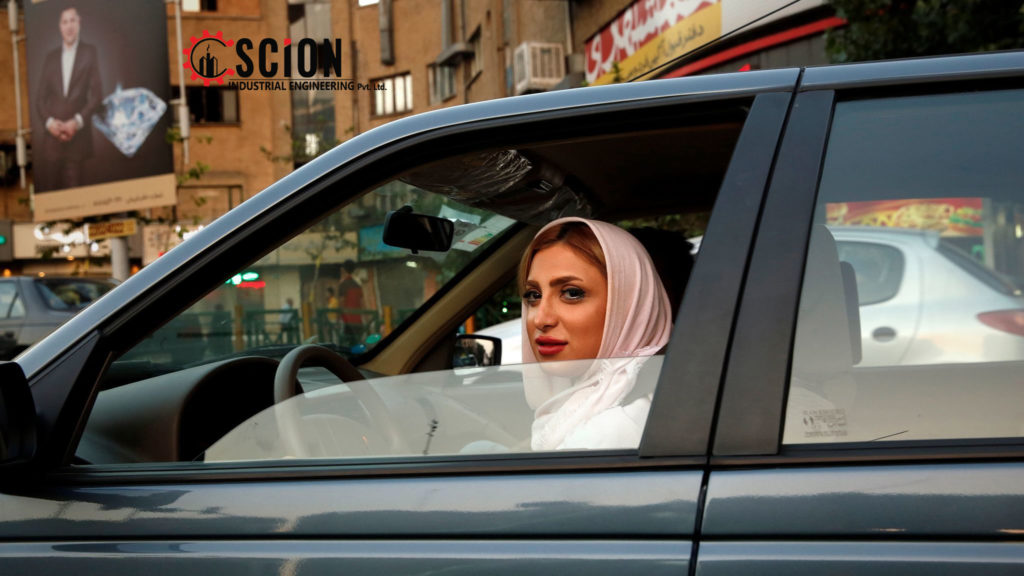Iran’s car industry is the second biggest sector in country after the energy sector accounting for more than 10 percent of its GDP.
Over 700,000 people are working in this industry which is equal to four percent of workforce of Iran, according to the 2015 data.
With a contribution of about $9.1 billion, the country’s carmakers accounted for 2.2 percent of Iran’s economic growth over the last fiscal year (ended March 20, 2016). The automotive industry is projected to form at least four percent of Iran’s economic growth by 2025.
The WB estimates show that Iran’s GDP in 2015 stood at $393.7 billion. This is while Iran’s car industry in 2015 witnessed a downward trend as the industry’s share in the country’s GDP was 0.5 percent lower than in preceding year.
However, the latest statistics on the output of the country’s automotive industry suggest a huge surge. The industry made more than 946,000 vehicles over the first nine months of the current fiscal year — indicating a 38.7-percent growth year-on-year.
A surge was observed in interest among multinational companies in investing in Iran following the nuclear deal signed in January 2015, while one sector attracting attention is Iran’s automotive industry.
Iranian car manufacturers reestablished cooperation with European companies, including Peugeot, Citroen and Renault. This resulted in a strong growth of nearly 151 percent for automotive sector, which ended 2016 as the top performing sector on the Tehran Stock Exchange.
At least two European carmakers had earlier announced that they experienced a considerable surge in their sales in Iran over 2016.
Traditional export markets for Iranian automobiles include Algeria, Azerbaijan, Cameroon, Ghana, Egypt, Iraq, Pakistan, Senegal, Syria, Sudan and Venezuela.
Recently, the Islamic Republic presented certificates to foreign car manufacturers willing to open sales offices in the country.
Some 40 foreign carmakers have already obtained the certificates, while the number can be increased in future. Companies may get licenses facing no limit in terms of the number of cars they would like to import. However, the companies are required to have a 10-year customer services experience in Iran, to be able to sell the production in the market.
The auto giant PSA Peugeot Citroen became the first foreign company since the implementation of the JCPOA to receive a license from the Iranian government to invest in Iran Khodro Co. (IKCO) — the country’s biggest car manufacturer.
The country imported some 49,331 motor cars in March-December 2016, while some 89 percent of the of the figure fell to a share of 5 countries, including the UAE, South Korea, Germany, Spain, Turkey. Imported cars had only a five-percent share in Iran’s total car market in the period.
Source:http://www.iran-daily.com/News/176525.html


